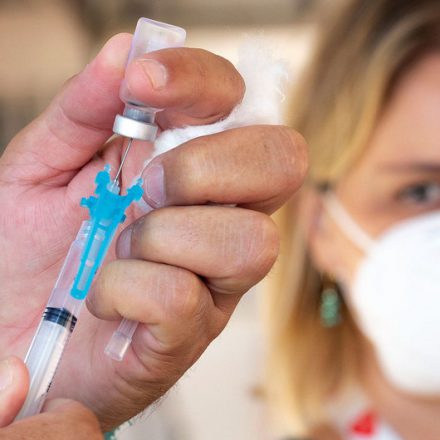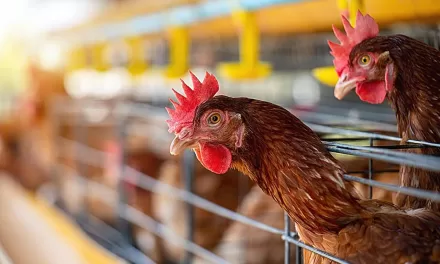Puri, Odisha, August 26, 2024 – In a significant development, the state of Odisha has begun culling thousands of chickens in response to an outbreak of the highly pathogenic H5N1 strain of avian influenza. The epicenter of the outbreak has been identified in Puri district, approximately 19 miles from Bhubaneswar, the state capital. The swift action follows the death of 1,800 birds at a local poultry farm, raising alarm among authorities and the local population.
Dr. Jagannath Nanda, Additional Director of Disease Control, disclosed that over a thousand chickens have already been culled, with plans to eliminate around 20,000 birds to contain the virus. “The work is ongoing. We are taking all necessary measures to prevent the spread of the virus,” Dr. Nanda stated.
The H5N1 strain of avian influenza is notorious for its high pathogenicity, posing serious risks not only to poultry but also to other animals, including pigs, horses, large cats, and dogs. In rare cases, the virus can also infect humans, leading to severe respiratory illness and, in some cases, death.
The outbreak has triggered widespread concern among the government, poultry industry, and local communities. The potential devastation of poultry flocks could have significant economic implications, particularly in regions heavily reliant on poultry farming. Additionally, the risk of human transmission and possible trade restrictions could further exacerbate the situation.
Odisha’s health authorities have ramped up surveillance and biosecurity measures to prevent the virus from spreading to other regions. Farms within a 3-kilometer radius of the affected area are under strict monitoring, and all poultry and poultry products have been banned from being transported out of the district.
The state government is also urging farmers and residents to report any unusual bird deaths or symptoms of avian flu to local veterinary officers. Public health advisories have been issued to minimize the risk of human infection, emphasizing the importance of hygiene and avoiding contact with sick or dead birds.
This outbreak in Odisha adds to the global concerns over avian influenza, which has seen a resurgence in various parts of the world. The World Health Organization (WHO) and other international health bodies have been closely monitoring the situation, providing guidance and support to affected regions.
As Odisha battles this outbreak, the situation remains fluid, with authorities on high alert. The culling operation, although difficult, is seen as a necessary step to protect public health and prevent the virus from gaining a stronger foothold in the region.












